How Digital Marketing for E-Commerce Businesses Drives Success

In the rapidly evolving world of e-commerce, having a robust digital marketing strategy is essential for businesses aiming to stand out and drive growth. Digital marketing for e-commerce is not just a trend but a necessity for success. In this blog, we will explore how digital marketing can propel e-commerce businesses to new heights and what strategies can be leveraged to maximize your online presence.
1. Understanding Digital Marketing for E-Commerce
Digital marketing involves a range of online tactics designed to promote products and services. For e-commerce businesses, it includes tactics like search engine optimization (SEO), pay-per-click (PPC) advertising, social media marketing, email marketing, and content marketing. Each of these strategies plays a crucial role in attracting potential customers, engaging with them, and ultimately driving conversions.
2. The Power of SEO in E-Commerce
Search Engine Optimization (SEO) is a fundamental aspect of digital marketing. By optimizing your e-commerce website for relevant keywords, you can improve your site’s visibility in search engine results pages (SERPs). This increased visibility drives organic traffic to your site, which is crucial for capturing potential buyers. Key SEO practices for e-commerce include:
- Keyword Research: Identify and use keywords that potential customers are searching for.
- On-Page Optimization: Optimize product titles, descriptions, and images with relevant keywords.
- Technical SEO: Ensure that your website has a fast loading speed, mobile responsiveness, and a clear site structure.
3. Leveraging PPC Advertising
Pay-Per-Click (PPC) advertising enables you to reach targeted audiences with customized ads Platforms like Google Ads and social media networks offer PPC options that can drive targeted traffic to your e-commerce store. Effective PPC strategies involve:
- Targeted Ad Campaigns: Create ads that appeal to your target audience’s interests and search behaviors.
- A/B Testing: Experiment with different ad copy and visuals to determine what works best.
- Budget Management: Set a budget that aligns with your business goals and adjust as needed based on campaign performance.
4. Harnessing Social Media for Engagement
Social media marketing is vital for building brand awareness and engaging with customers. Platforms like Facebook, Instagram, and Twitter offer various tools for promoting products and connecting with your audience. Effective social media strategies include:
- Content Creation: Share engaging content that resonates with your target audience, such as product highlights, customer testimonials, and behind-the-scenes looks.
- Community Engagement: Interact with followers, respond to comments, and participate in relevant conversations.
- Paid Advertising: Use social media ads to reach a broader audience and drive traffic to your e-commerce site.
5. The Impact of Email Marketing
Email marketing remains one of the most effective tools for nurturing leads and driving repeat business. Personalized email campaigns can help:
- Promote Special Offers: Send targeted promotions and discounts to encourage purchases.
- Abandoned Cart Reminders: Remind customers of items left in their shopping carts to increase conversion rates.
- Customer Retention: Provide valuable content and updates to keep customers engaged and loyal.
6. Content Marketing for E-Commerce
Content marketing focuses on producing valuable and relevant content to attract and engage your target audience. For e-commerce businesses, this could include:
- Blog Posts: Write informative and engaging blog posts related to your products or industry.
- Product Guides: Create detailed product guides and how-to articles that assist customers in making informed decisions.
- Video Content: Produce product demos, tutorials, and customer testimonials to enhance engagement.
7. Analyzing and Optimizing Performance
Regularly analyzing your digital marketing efforts is crucial for continuous improvement. Use tools like Google Analytics and social media insights to track key metrics such as traffic, conversion rates, and ROI. Based on your findings, optimize your strategies to ensure ongoing success.
Conclusion
Digital marketing is a powerful tool for driving success in e-commerce. By leveraging SEO, PPC, social media, email marketing, and content creation, you can enhance your online presence, attract potential customers, and boost sales. Implementing a well-rounded digital marketing strategy will not only help you stand out in a competitive market but also build a loyal customer base for long-term growth.
By focusing on these key aspects, e-commerce businesses can effectively harness the power of digital marketing to achieve their goals and drive sustainable success.

More from our blog
See all postsRecent Posts
- MVP Development Guide: Launch Your Startup Product in 90 Days February 12, 2026
- How to Build a SaaS Product from Idea to Launch in 2026 (Step-by-Step Guide) February 12, 2026
- Influencer Marketing Trends to Know in 2025 January 9, 2025


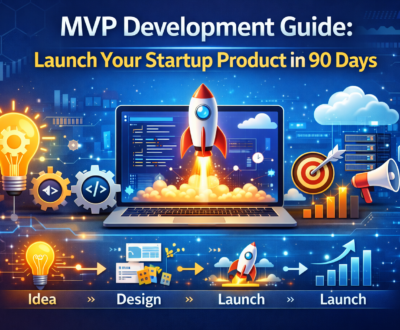
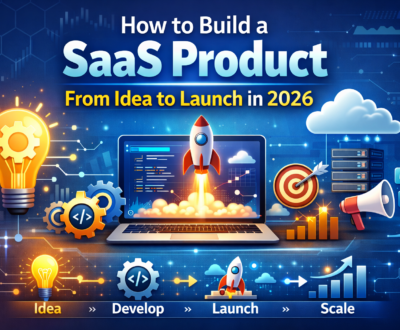
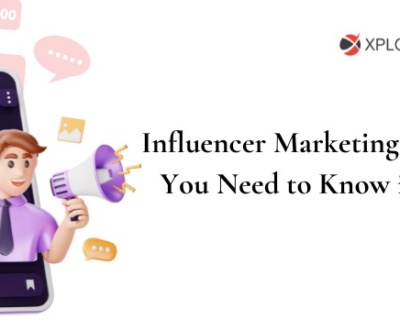
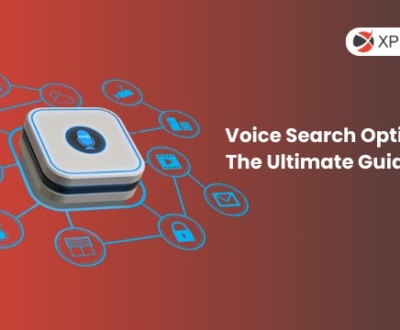

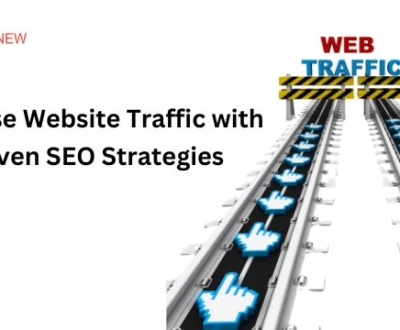



 by XploreNew
by XploreNew